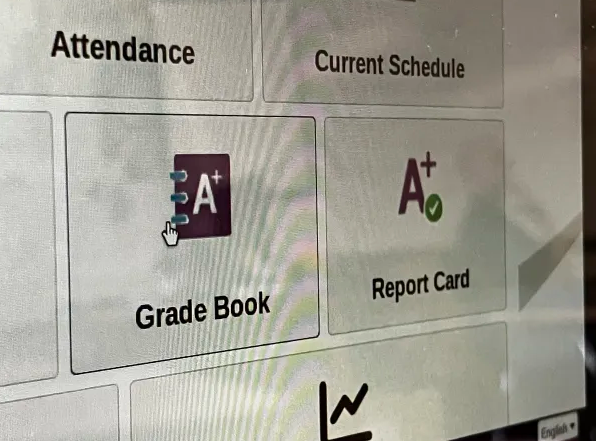For decades, the measure used at Ida B. Wells High School to determine academic success has been a binary scale. This scale has been less and less effective in reflecting students’ abilities while having adverse effects on their mental health.
What is Success?
In high schools across the country, including at IBW, success looks like a 4.0 GPA. Success looks like all fours and maybe a few threes, “but not enough that your grade will drop to a B!” Success looks like crippling anxiety and loss of passion for learning. Success looks like perfect grades to reflect a perfect balance of actual success and doing the bare minimum and getting away with it. Success becomes teachers who have given up on actual expectations because, since distance learning, no one can be expected to have recovered academically.
What is a Grade?
A grade is a little letter representing a compilation of essays, homework, presentations and tests to show how well you’ve done in a class. But it’s often not as simple as understanding all of the class’s material or turning in homework. Often, students’ grades are impacted by things beyond memorizing facts. For example, a student who doesn’t test well despite a good understanding of the material gets a low grade in their classes, and thus, our system of grades simply says they’re dumb regardless of their individual struggles. Mental health struggles, difficulty getting transport to school, timeframe and differences in learning styles all play a huge role in how well a student performs in class outside of their basic knowledge.
But What is the Value of That Letter?
The value of an A has depreciated, the main cause of which is, surprisingly, the COVID-19 pandemic. During distance learning, teachers were not allowed to fail students, which led to teachers assigning work that was often quick and easy. Desperate to get students to learn anything during the pandemic, teacher’s expectations fell. Now, even three years after distanced learning, teachers and students both struggle to balance old standards with student’s current abilities.
Why are Students So Stressed Out About Their Grades if it’s “Easy” to Get an A?
Many teachers, parents, and students consider getting good grades to be easy, and it’s becoming more and more expected that everyone does. Friends share grades and parents have instant access to grades once they’re posted, causing students to feel pressure to get the perfect grades that their parents want to see and that their peers are getting.
But Why Expect Perfection?
Many students are expected to get all As in all their classes, but why? What good does it do for everyone to get an A in every class? “People don’t realize that everyone has their own thing… Some are strong in science, some are strong in math, and there are some who are strong at everything and the thing is too, when people compare their grades, everyone’s life is different,” said mental health specialist Franklyn Belsey on The Golden Arrow. The whole point of school is to learn, both about the world and about yourself. It’s supposed to prepare you for life and help you find your passion. But when students are expected to get good grades in every class, school becomes a test in memorization, so students learn to give the teacher the answer they want rather than learn about the subject.
Grades are not always an accurate reflection of how well a student understands the subject taught, and should not be treated as such. Students need to carry their grades with a little less weight, because for many, focusing on finding and developing their passions is more important.









